newborn orange poop
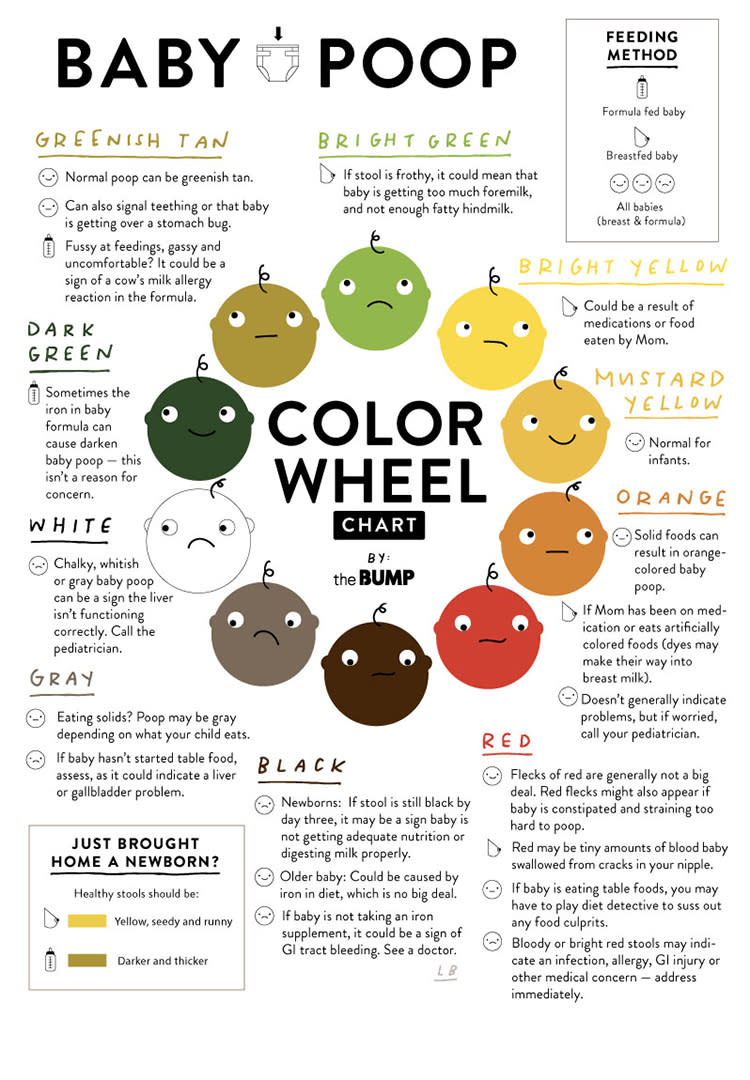 Baby Poop Guide
Baby Poop GuideYour Baby Bag Color Guide Get the scalp in the baby poop — specifically, what content of your little one's diaper can mean and if you should call your pediatrician. How different baby Poop looks and means Do you think if you've seen a dirty diaper, you've all seen them? Far away. The color and texture of your baby's cocoa can change from day to day — and the bowel movement to bowel movement — causing even experienced parents to worry about what is your baby's diaper. Keep reading to find out what's normal, and what can justify a call to your pediatrician. Dark or black green, Poop Baby Stick The first times you change the diaper of your newborn, you can notice a green-black caca, similar to the tar. That is, a substance that gradually filled your baby's intestines into utero and passes within the first day or two of life. It's not just normal, it's a sign that your baby's intestines are working. At some point, around the third or fourth day of the life of your newborn, after all the meconium passes, you will begin to see what is known as transition stools, which is a sign that the baby is beginning to digest breast milk or formula and the transition to the normal caca of the baby. These feces are clearer in color — greenish or brown yellow — and loose and textured granulates. Don't worry if you notice some mucus in the transitional feces, that's good and good too. There may even be traces of blood in them, probably the result of the baby swallowing part of Mom's blood during childbirth (although only to be sure, keep any diaper containing blood to show a nurse or doctor). Yellow, Seedy Baby Poop In breast-feeding babies, the caca will often be like mustard: Color is usually yellow, green or light brown in color; and consistency will be loose, even watery, and sometimes sweet, mushy, curly, creamy, sticky or grunted. It smells sweet (ish!) — not its usual smell of bowel movement. Yellow-Brown or Brown, Lightly formed Baby Poop In infants that feed on formulas, stool will generally be mild but better formed than the breast-feeding baby, and anywhere pale yellow to yellowish brown, light brown or brown brown brown brown brown yellow. It smells more like regular poop (but not as strong as when your baby starts eating solids). Brown or Dark Brown, Poop Thick BabyOnce you introduce solid foods into a baby's diet, your poop will change from soft, mushy and soft to thick, dark and smelling apparently during the night. It's not nice, but it's normal. Hope your baby's feces become more and more adult as your diet. And don't be surprised if your bowel movements reflect the latest food in color or texture — let's say, the bright orange poop after eating carrots. That happens because the baby's immature digestive system sometimes doesn't change food much in the process. Green, Watery Baby PoopLoose, watery stools that are greener than usual and making an appearance several times a day probably means that your . This happens more often when there is a change in your baby's diet (or your diet, if you are breastfeeding); or when your little one has a food allergy or intolerance (e.g. milk). Serious diarrhea can be a sign of a more serious problem such as a virus or bacterial infection. In addition to being disordered, diarrhea usually means that your baby is dehydrated, and frequent and aqueous poops can make you feel uncomfortable and cause diaper rash. Make sure your baby is getting plenty of fluids (consuming breastfeeding or taking a bottle at least as often as usual, if not more, if he can keep them down). And always consult with your doctor for an official diagnosis and health plan, especially if you are accompanied by symptoms such as fever, dehydration and vomiting. Green, thin baby poop If your baby's poop is yellow or light green and is dressed in mucus, it might be that you are drooling more than normal, especially if you are denting (the mucus in the saliva is not digested). Or it could be a sign of a virus, like a cold or a stomach bug. Check with your pediatrician if it persists for more than a day or two. Brown and Dry, Hard Baby If your baby's bowel movements are firmly formed or come out in hard pellets, or if they cause pain or bleeding (from a fissure or crack in the anus as a result of pushing a hard caca), it is likely to be a sign of . Check with your pediatrician to confirm and a treatment plan. Do not use any remedy at home without medical advice. Pink or Red Baby PoopPink or red raaks in your baby's stool could mean blood. You don't have to panic, but you should call the doctor. It could be a sign of a , a rectal fissure (a tear around the rectum, usually due to constipation), or something more serious like a bacterial infection. Another possibility: The baby may have swallowed his blood if his nipples break and that blood may come out of the other end. Black, baby's neck PoopThick, black feces at 3 months of age or more often indicate bleeding in the digestive tract, which can be dangerous for your baby. (This is different from your baby's first bowel movements.) Contact your pediatrician. One thing to consider: iron supplements or fortified formula can sometimes cause stool to become dark or black brown, in which case there is no need to worry. Check with your doctor to be sure. White, Calky Baby Poop Although rare, the white baby poop may be a sign of an underlying liver problem, although it may also be somewhat more harmless as an antibiotic or antiacid that your child is taking, a dairy allergy or a stomach failure. Contact your pediatrician immediately just to be sure — the sooner the better. Go to your baby's age trend on what to expect can COVID-19 vaccines Why infertility? Absolutely not, expert leaders Say8 Foods to avoid feeding your baby вельногольных You can't see this cool content because you have the enabled ad block. Please clarify our site to get all the best offers and offers from our partners. 11 Reasons your baby won't sleep and how to take your baby's vaccine Time: What shoes should your child have when? What order and when does the baby appear? This baby's teething letter can help The educational health content about what to expect is to be updated and in line with evidence-based medical information and accepted health guidelines, including medical examination What to expect Heidi Murkoff's books. This educational content is not medical advice or diagnosis. The use of this site is subject to our and . © 2021 Health of All Days, Inc

Why is my baby's poop this color? | PBS NewsHour

12 Types of Baby Poop & What They Mean | Infographic
Baby Poop Guide: Color, Consistency, and Beyond!

A Guide to breastfed baby's poop! | The Milk Meg

Baby Poop Color: What Does It Mean and When to Seek Help?
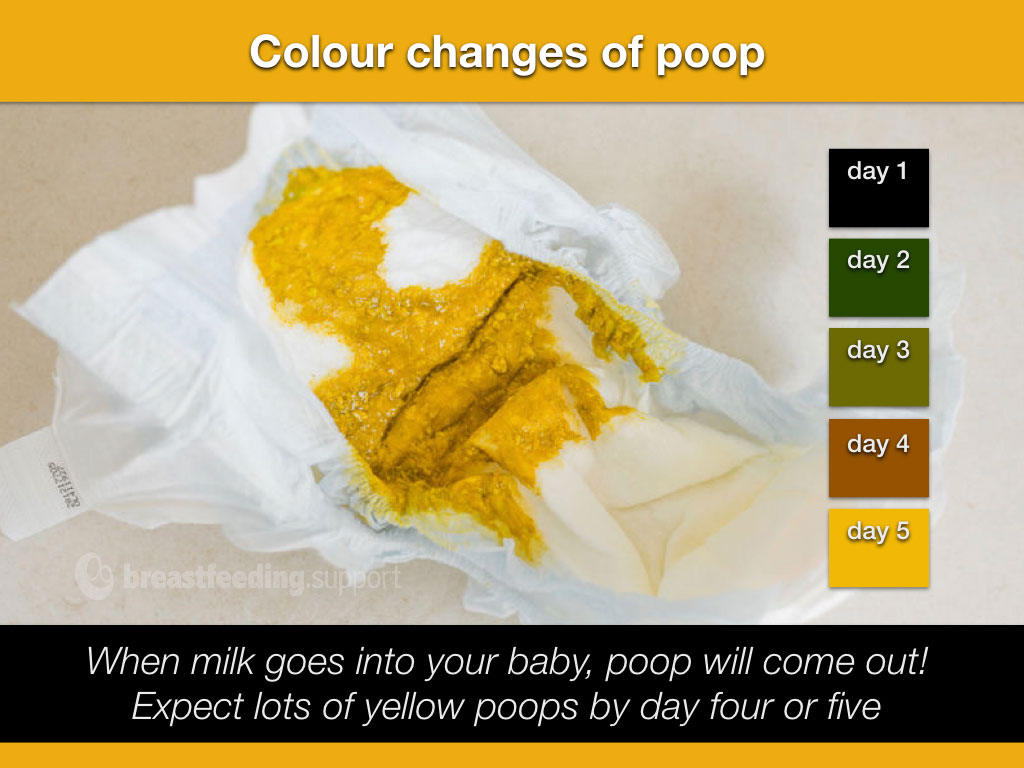
Breastfed Baby Poop - Breastfeeding Support
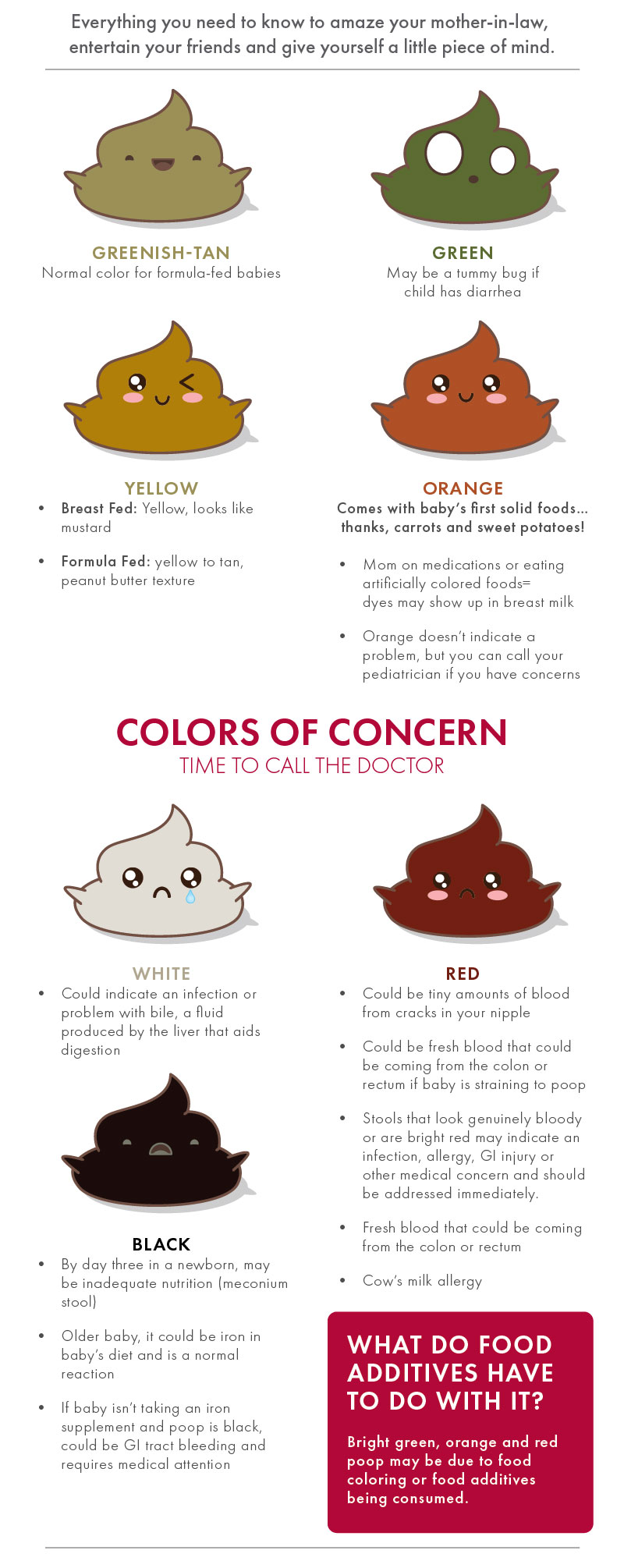
Newborn Baby Poop Stages - newborn baby

Pin on New Moms | Group Board | The Healthy(ish) Home

Is My Newborn's Poop Color Normal - Urban Mamaz

Baby Poop Colors • MFPI Baby
Baby Poop Guide: Color, Consistency, and Beyond!
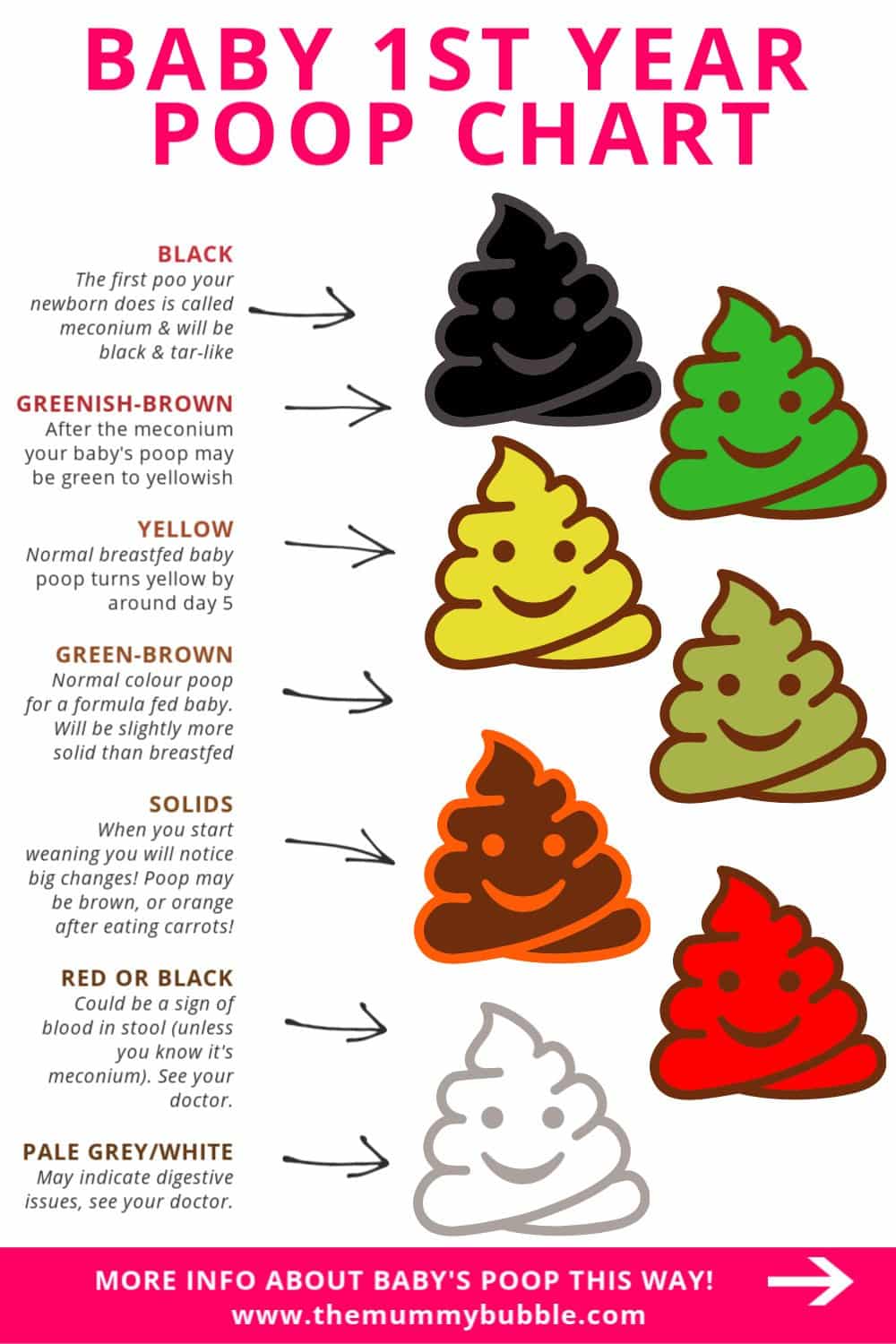
Baby poop in the first year: What's normal and what isn't? - The Mummy Bubble
See Diaper Poop Pictures from a Breastfed Baby for Breastfeeding Mothers | Pooping in Diaper | Diaper Pictures | Breastfed Stools

baby poop (pic) - June 2019 Babies | Forums | What to Expect
Breastfed infant with sudden onset of "crayon orange" colored stools
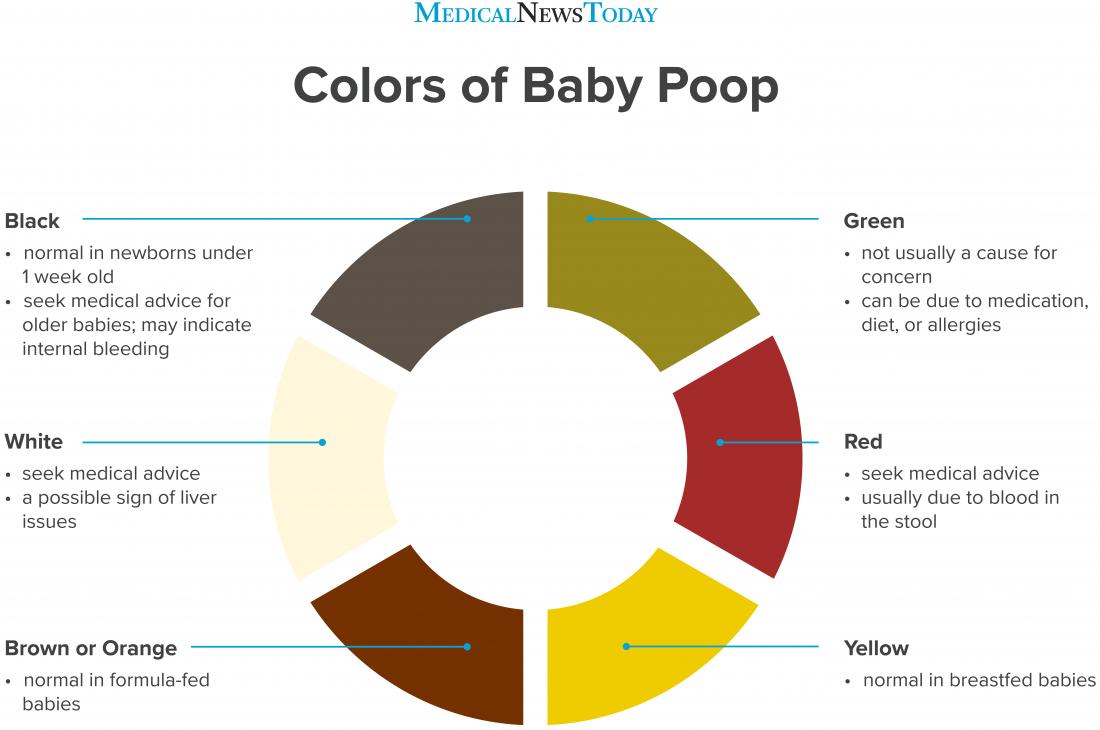
What does baby poop color mean? Chart and guide
Meaning of Newborn Poop Color | Philippines Mommy Family Blog
/1942943-what-causes-orange-stool-01-5b2fe57deb97de0036f361e7.png)
What Causes Orange Poop and What to Do About It
Baby Poop Facts - Color, Frequency, Size and Consistency

Foamy orange poop - Page 1 | BabyCenter

Pin on Trending Health Topics
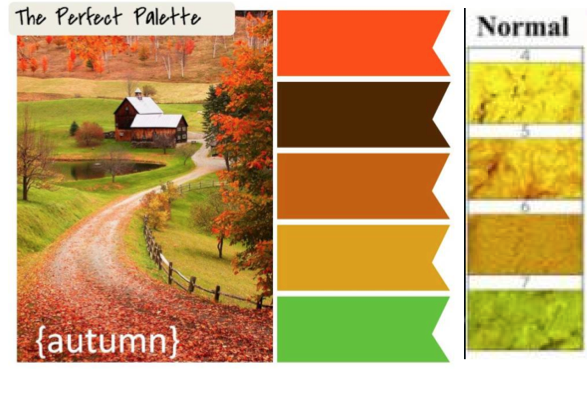
What color is your baby poop? - BabyScience

How To Become a Baby Poop Expert - Organicbabyfood.shop
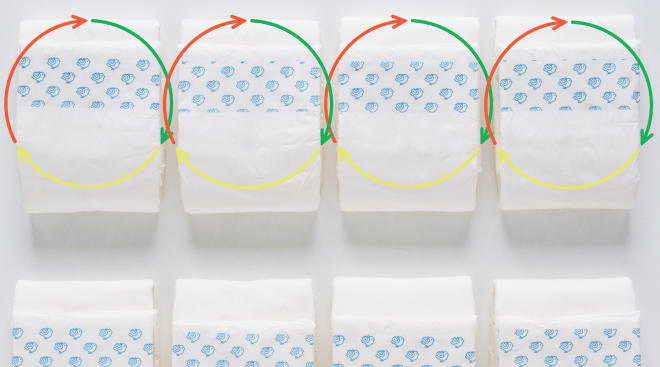
Baby Poop Guide
Warning photo* Red/orange mucousy poop? - Breastfeeding | Forums | What to Expect

English version of the infant stool color card (first edition). The... | Download Scientific Diagram

Newborn Baby Yellow Poop - Newborn baby

Green baby poop explained: A visual guide | Mother&Baby
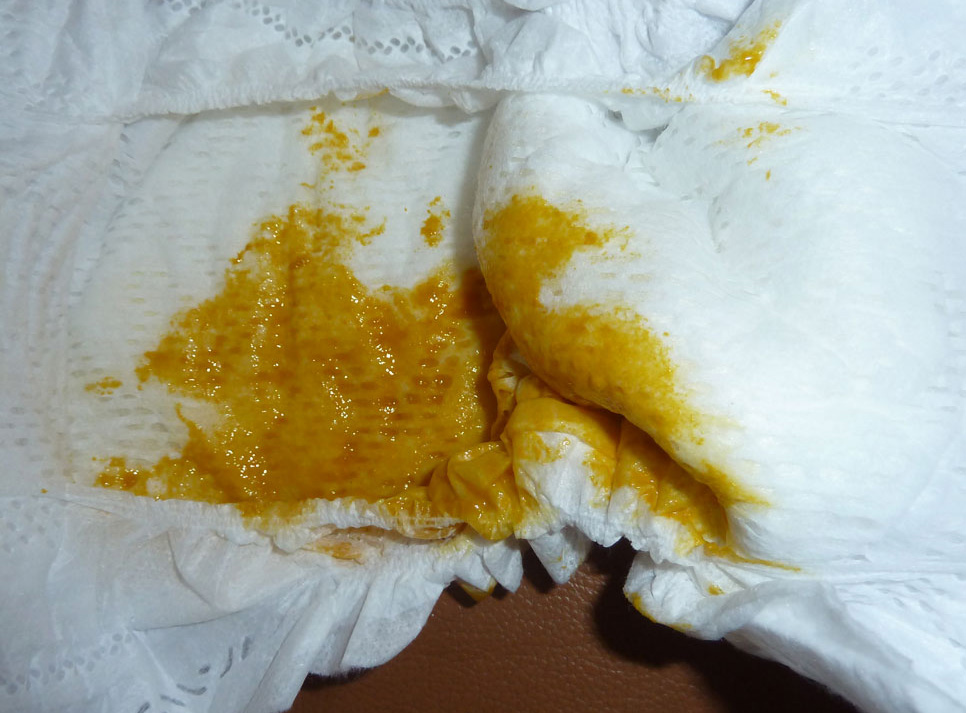
Breastfed Baby Poop - Breastfeeding Support

Get the Scoop: What Your Pet's Poop is Telling You

What Does Orange Baby Poop Mean?
All about baby poo | Pregnancy Birth and Baby
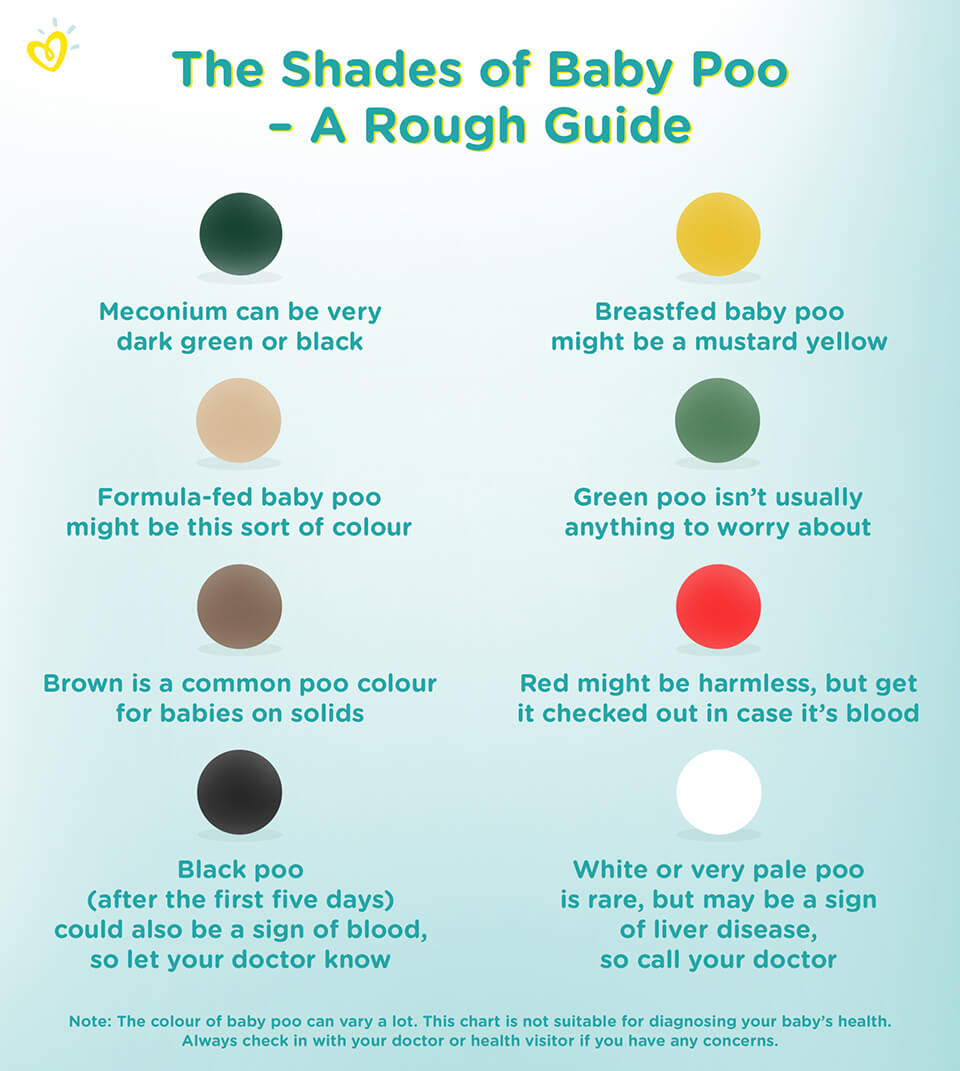
Meconium: Your Baby's First Poo | Pampers
The Color of Baby Poop: What Does It Mean? – Baby Reference
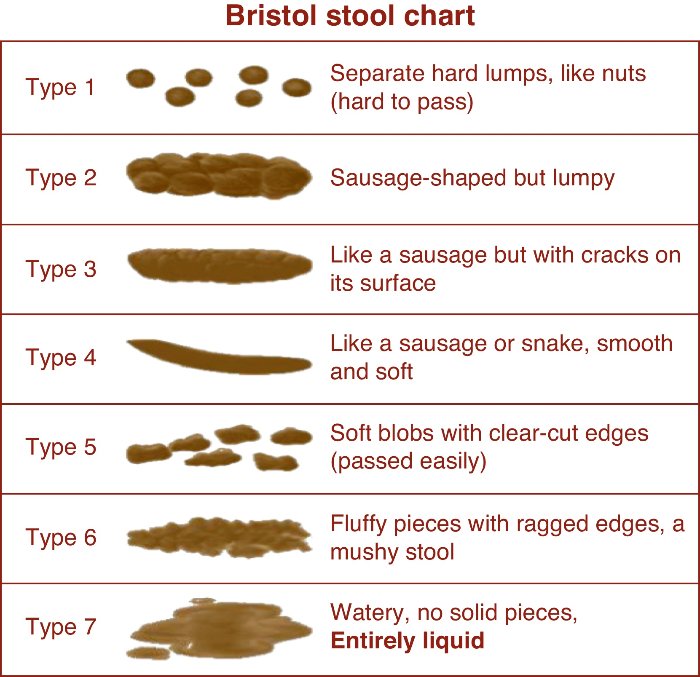
What Poop Can Tell You About Your Gut Health | Jay Yepuri, MD
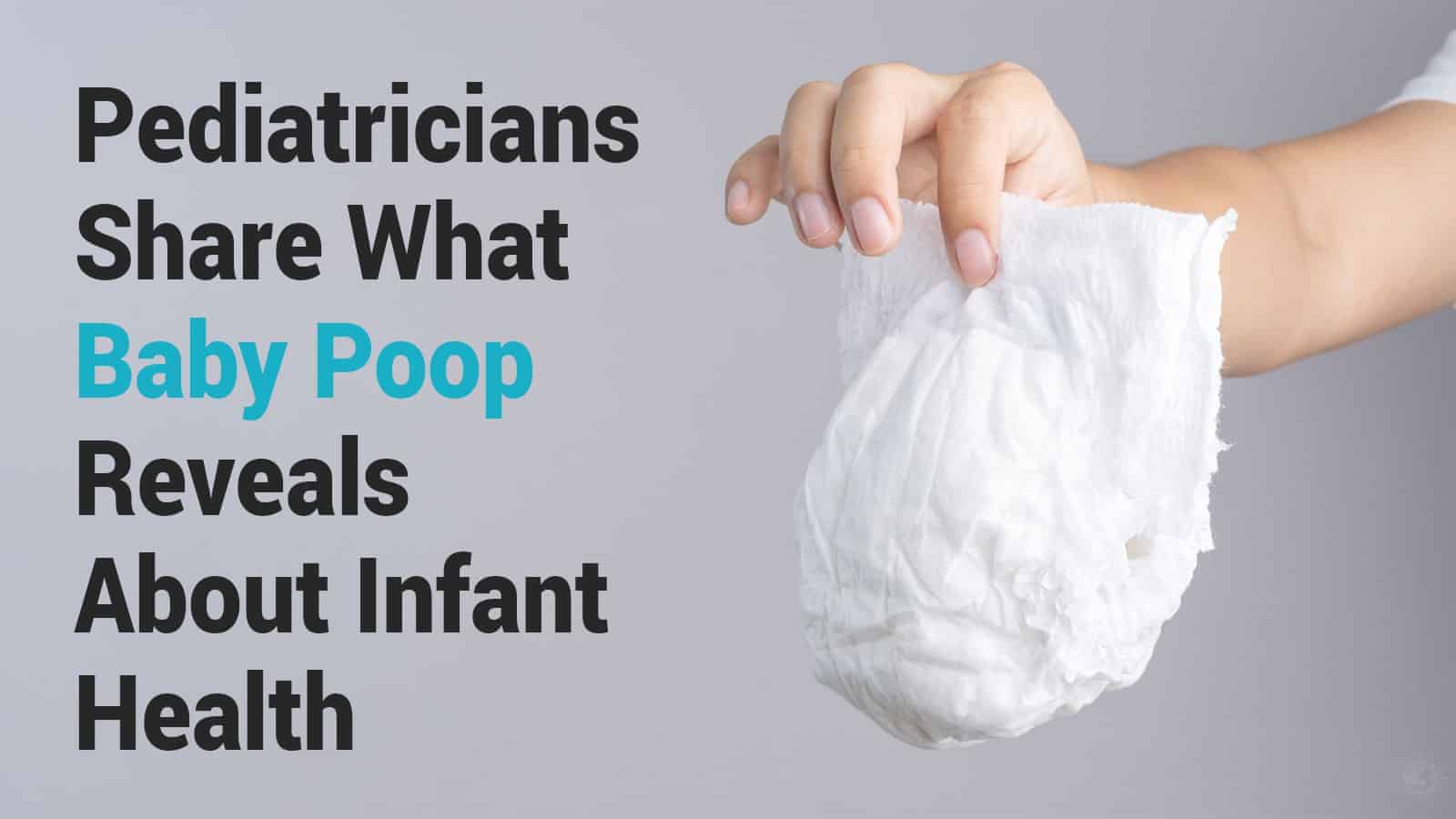
Pediatricians Share What Baby Poop Reveals About Infant Health

Newborn Poop Colors - Baby Poop Color & Texture Visuals
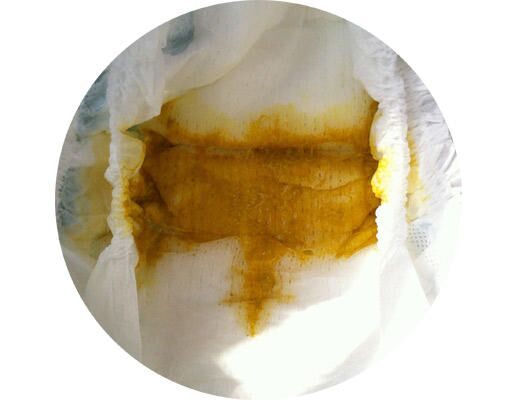
Is Baby's Poop Normal?

Is Your Poop Healthy? What Are the Signs of Healthy Poop?

Baby poop: A visual guide | BabyCenter
Posting Komentar untuk "newborn orange poop"